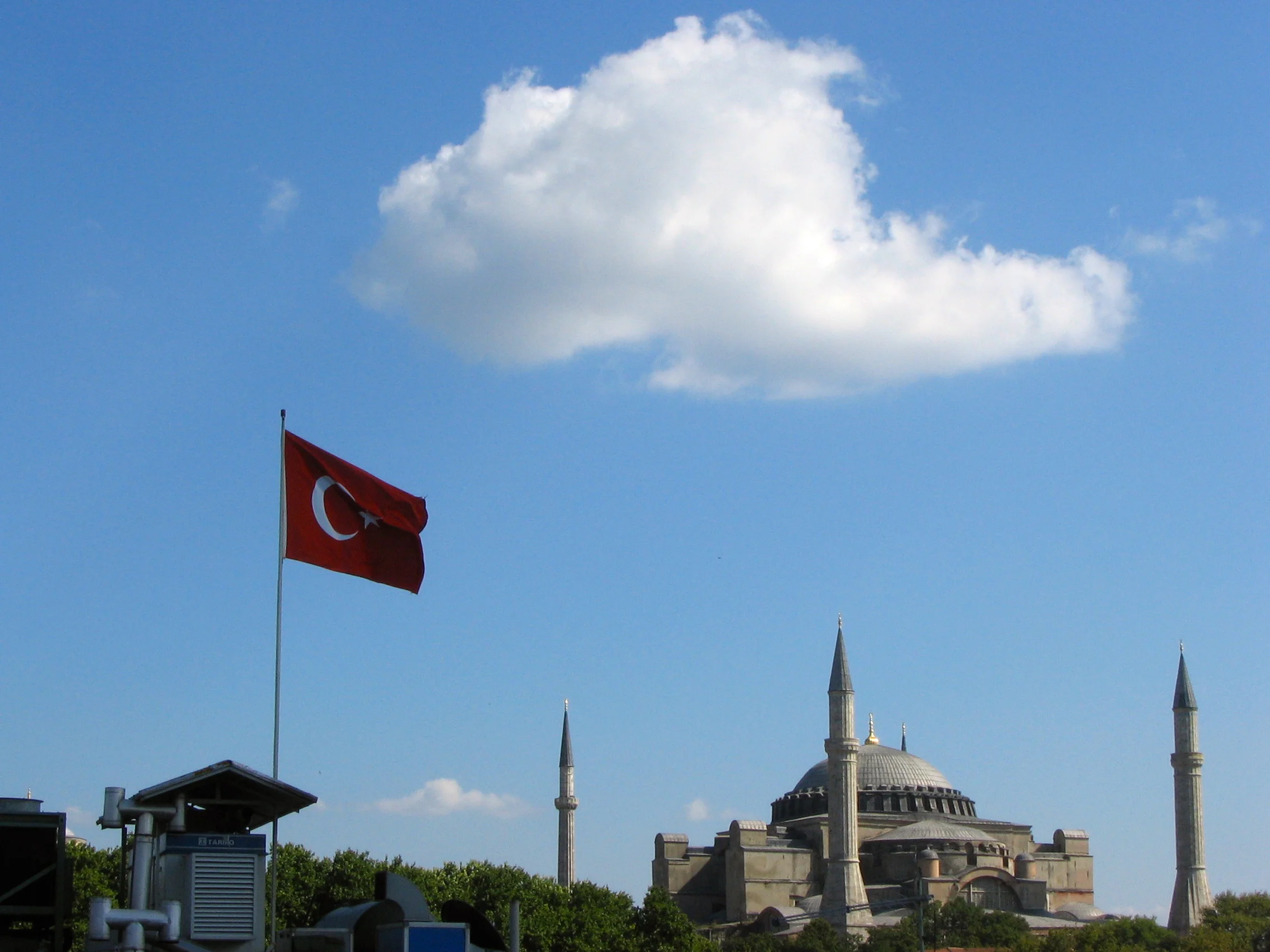Liberation Movements - Notes
While my previous book, 36 Yalta Boulevard, was the longest of the sequence to write, Liberation Movements (The Istanbul Variations in the UK) turned out to be the shortest—a mere three months from start to completion. After that, the edits were minor.
One reason for this is obvious—it’s shorter than Yalta by a half. However, unlike the other books, there isn’t one central character—I had to keep track of many characters’ stories and points of view. I’d noticed my tendency over the course of the previous three books to stick to a single POV. And when a writer finds himself repeating something from book to book, the immediate impulse is to make a change.
So that’s what I did. Liberation Movements encompasses five points of view, some present-tense, some past, some first person, some third—each according to the kind of story it’s telling.
Since each novel in the series takes place in a different decade, I try to use something integral to that decade. The 1970s of Liberation Movements takes into account two things I remember from my seventies childhood: seventies terrorist organizations (like the Marxist Red Army Faction, and, in this book, Armenian groups seeking recompense from Turkey for the genocide committed against Armenians in the beginning of the century) and the serious study by governments, East and West, into psychokinesis.
My original plan was to use Baader-Meinhof-style Marxist terrorists, seeing as the stories take place in a communist country, but as I started work on the book I remembered that one of my continuing characters in the series, Leonek/Libarid Terzian, was Armenian. So I looked into the Armenian terrorist actions of the seventies and realized it was the less obvious, but more powerful, choice, particularly since Libarid ends up on the hijacked plane (read about it in the excerpt).
The psychokinesis aspect was something I’ve always wanted to use in a book, but only with this one did it make sense. The novels in the series always stick with hard realism—it’s the mode that best fits the world of communist Eastern Europe—so I worried that using psychokinesis would upset the balance. Perhaps it does in the overall arc of the novels, but within this particular book it seems to fit quite well, in part because one of the central motifs in Liberation Movements is secrecy. Every character is keeping his own secrets.
A question then follows: What would happen if there was someone who knew everyone’s secrets?
Read to find out.
